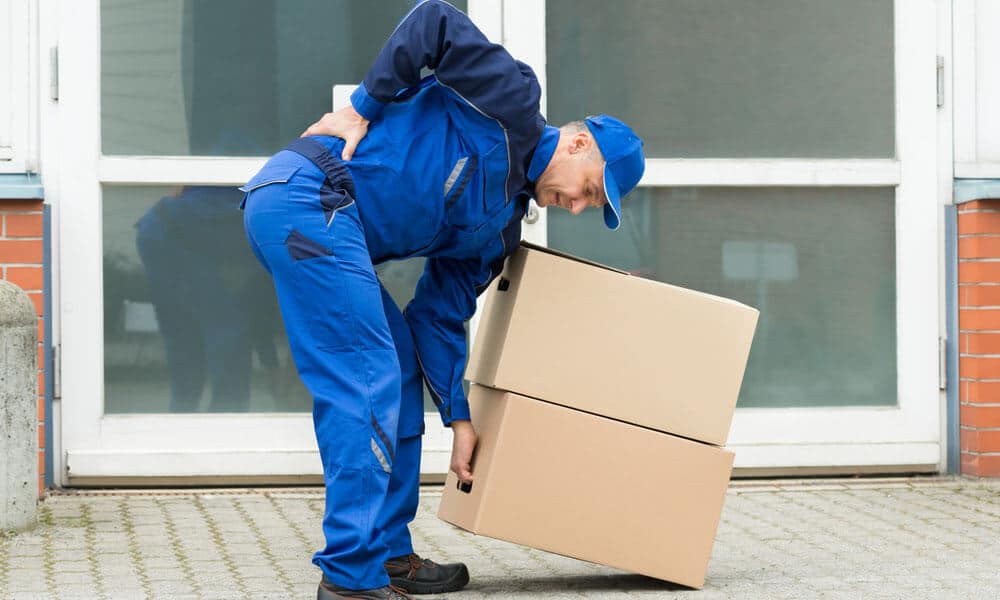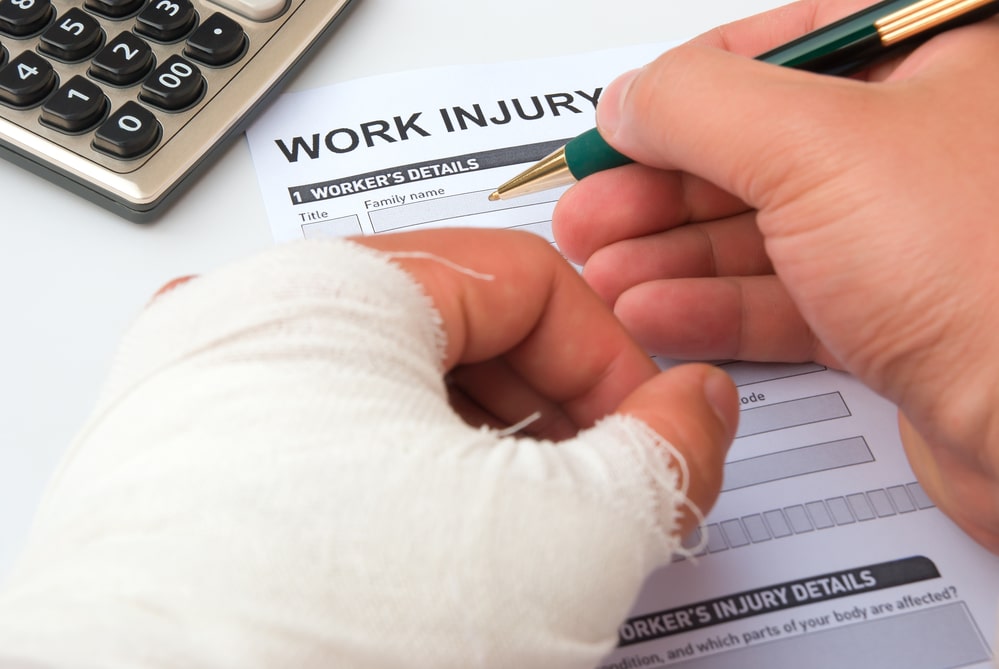Your body was just not meant to execute some of the lifting and movement tasks common in a labor-intensive environment. Moving heavy building materials or loading and unloading large cargo goods, regardless of your physical strength, can put a strain on crucial body components.
Nonetheless, the weight of the object isn’t always a determinant of harm. Workers who engage in repetitive lifting, rely on traditional lifting practices or execute awkward lifting-related activities are more likely to sustain injuries.
Musculoskeletal
These disorders harm the soft tissues and skeletal components of the body. Depending on the severity of the lifting injury, ‘Bellotti Law Group’ it may just result in a few days of lost work, or it could result in a long-term handicap.
Lifting activities that cause these injuries are often difficult to avoid. Many jobs that involve ongoing or occasional physical labor have them as mandated tasks.
Things cause you to lift injuries.
Lifting injuries are often known as manual handling injuries in New Jersey workers’ compensation law. Compensation claims are caused by injuries sustained while lifting, carrying, holding, or moving things or patients.
Many of these assertions can be explained by certain motions or act, such as:
Workers’ compensation benefits are available for injuries resulting from any of these actions. Employers must pay for emergency medical expenses linked to lifting injuries and the cost of recovery, which may include physical therapy or rehabilitation if necessary.
For many employees, lifting big goods is unavoidable. There is a proper way to approach this potentially hazardous operation. Employees should take all necessary precautions and request that supervisors provide additional safety equipment as needed.
It can reduce lifting injuries by doing many things that employees and employers can do.
How will Back Belt help you to avoid lifting injury?
Your employer may give a back belt, abdominal belt, or other back-supportive equipment when you perform lifting, lowering, and other repetitive jobs.
They conducted back belt research among 9,377 employees of a retail chain to corroborate this finding. We investigated each employee’s work-life details, belt-wearing habits, and work-related injuries.
In the end, the study found no significant differences in results between belt-wearing and non-belt-wearing participants.
What can you claim for lifting an injury?
Assistance
You can claim compensation for care and assistance provided by friends, relatives, or paid contractors if you previously performed these activities but are now unable to do so owing to an injury.
Damages in general
Your general damages include the pain and suffering you have endured, as well as any irreversible loss of enjoyment of life that your accident has caused.
Hospital expenditures
Your injury may necessitate surgery to be treated. The surgery was necessary to address your disease, and you can claim your surgical and hospital charges as compensation.
Medical expenses
You may need to see your general practitioner, see a specialist, have x-rays or MRIs, take pain medications, and wear special medical equipment to diagnose and treat your injuries.
To obtain medical care, you may be entitled to claim compensation for the costs of consultations, x-rays, travel, medication, and medical equipment. You can also claim future medical expenses incurred as a result of your injury.







